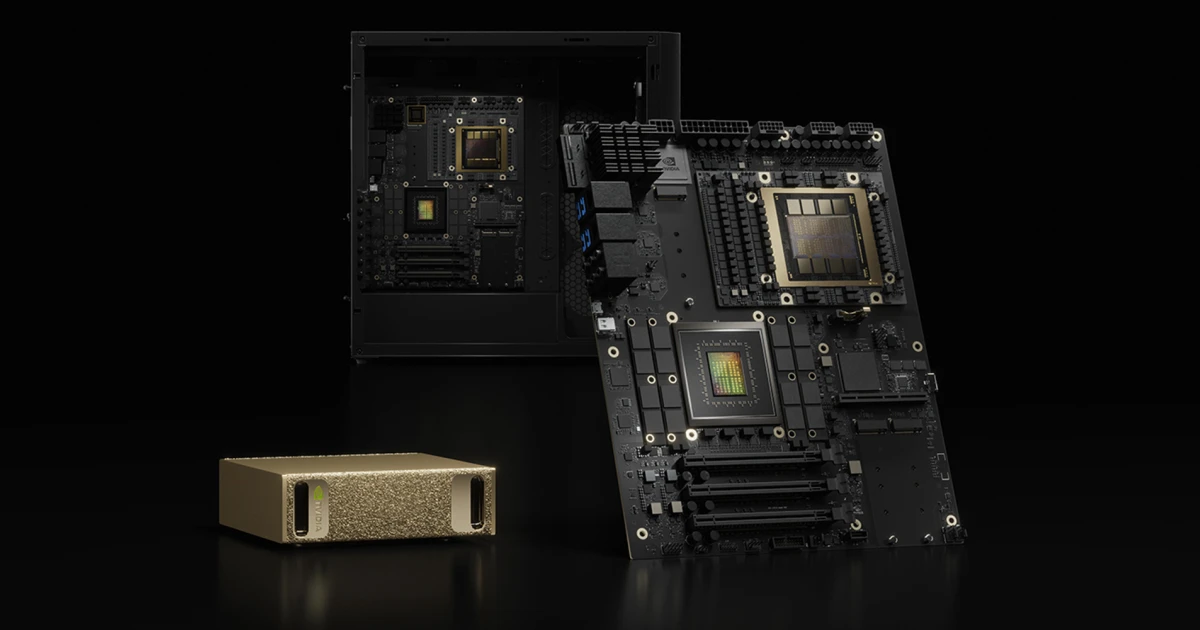Electric cars represent a focus of every car manufacturer today because they reduce pollution and boost energy efficiency since the EV1 technology has progressed significantly.
The early electric cars were sluggish and impracticable. Look up the EV1 and you will find a small 2-seated vehicle that was far from useful for a family at the time. But they had one advantage: they did not contaminate the air or water. New automobiles nowadays are far quicker, more comfortable, and more useful than their ancestors. As a result, they represent a substantial threat to traditional modes of transportation. Thank god!
It's also worth noting that electric vehicles have cheaper maintenance expenses than internal combustion engines. After all, there are no moving components to replace or maintain. Most electric car owners don't even need to bother about changing the oil every few thousand miles. Their only issue is that they must charge the car from time to time! And in certain countries, this might be a problem. Some developing countries don’t have the infrastructure or willingness to make the switch to electric vehicles so fast. Especially when the population can not afford to buy new cars all of a sudden.
Furthermore, the expensive cost of batteries is one of the reasons why electric vehicles cannot currently compete on price with traditional automobiles. However, if battery prices continue to fall, it will only be a matter of time before they catch up with the market.
It comes as no surprise that almost all major electric car companies are currently offering automobiles that can drive themselves in limited scenarios. Lane-keeping assist systems, adaptive cruise control, and other technologies used by car manufacturers to keep the vehicle securely in its lane, avoid collisions with other vehicles or pedestrians, and maintain a safe pace have become mainstream. But everyone focused on another idea, namely fully self-driving cars.
These kinds of vehicles use advanced technology such as Lidar, Radar, cameras, and software to access real-time data and process it immediately to adapt to any situation. Manufacturers such as Tesla, Volvo, Lexus, Audi, and others have different models of cars that could in theory drive themselves on the streets, without the input of a human driver. But to this day there is not a single option that’s 100% safe to leave unattended.
While these technologies have the potential to increase safety and efficiency in the future, they also create obstacles to regulators and lawmakers who must adopt rules to oversee their usage. As an example:
What happens when a driver is distracted and fails to pay attention to the road leading to the missed opportunity of avoiding a crash? Under what conditions should human drivers be permitted to take over the wheel of a self-driven car? How will insurance companies manage different scenarios related to this? So, before we can all agree on the widespread development and use of autonomous cars, we must first address such issues!
The potential of EVs and AVs to cut pollution is their most accepted benefit. Such alternatives are way better for the air quality in major cities. Even more so, electric vehicles may be fueled by renewable energy sources such as solar or wind power, reducing their dependency on traditional power choices and thus helping everyone look for other opportunities but the dying sector of fossil fuels. They are also significantly more fuel efficient than regular automobiles since an electric vehicle uses electricity directly to power up movement while a traditional engine car will burn fuel and then use the heat generated for power.
In regards to the economy, these types of vehicles will also have something to say. They are expected to affect the job industry by both erasing as well as creating jobs. In fact, in the next 10 years, we should have almost 1 million jobs created for 1 million jobs lost due to the switch in the Electric vehicle industry, However, it is difficult to predict yet!




.webp)












